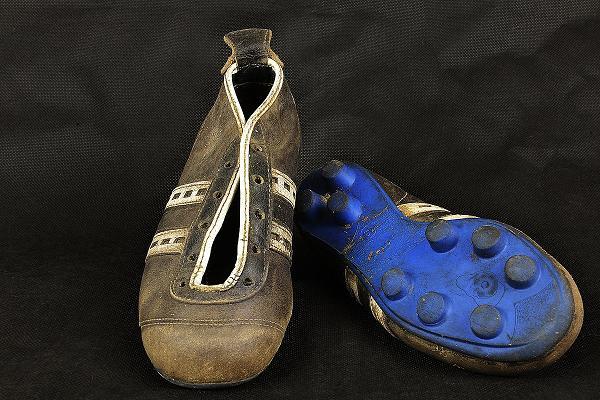When the German national soccer team won the World Cup in 2014, the whole country got on a razzle-dazzle. The fans of the team were expecting the cup for many years, and it was a kind of a relief to finally become the best Mannschaft of the World for the fourth time.
There was a triumph in soccer in the past that was much more important for Germany and the Germans than the last one. It was the championship of the year 1954 where the so-called “Wunder von Bern” (Miracle of Bern) took place.
The importance of the Match in Bern
It was more than a soccer game. It was an event that gave the Germans the feeling that they could reach something in the world unrelated to terror and war. Not even ten years before, World War II ended with millions of people dead. Germany was still lying in ashes, and the guilt of what happened was visible in everyday life, not to mention the country’s status inside the international community.
It was an occupied country, and it wasn’t even clear what would happen to it or if it could ever be “normal” again. Also in matters of soccer, Germany had to endure the consequences of the war and the Holocaust: The German soccer association (Deutscher Fußball Bund, DFB) had been dissolved in 1940, and almost every nation boycotted the German national soccer team since then. Only the Swiss team has played some international matches against Germany.
Thus, the World Cup was an excellent opportunity for the Mannschaft to gain some international sporting experience again. In the early 1950s, Germany tended to stabilize itself. The economy was also growing. International acceptance got bigger after the foundation of the Bundesrepublik in 1949. Chancellor Konrad Adenauer tried to show the world slowly that not all Germans are evil. Also, the national team had been accepted to participate in the championship the first time after the war. Although the players had little experience, they managed to get through the tournament and reached the final game against Hungary.

A tense Final
It has been a nerve-racking final in the Wankdorfstation in Bern. Both teams scored two goals until the break. It was Helmut Rahn who scored the goal that made West-Germany world champion in minute 84. This goal was not only celebrated in Bern but also all over Germany because this world cup had been the first one the Germans could widely receive via radio or even TV. The German commentator Herbert Zimmermann became a legend because of his emotional way to describe the events and almost any German today can at least recite one of his sentences he spoke during the game.
The impact of the “Wunder von Bern”
The win evoked a sheer wave of euphoria all over Germany. The notable players traveled back in a special train that stopped in many West-German cities where the heroes of Bern were celebrated frenetic. The world cup was not only the first time a German team was allowed to participate and also not only the first time the German national anthem played on an official sports event, but it was also the starting signal for the Wirtschaftswunder. In this time started the rapid rise of the German economy that gave people prosperity and self-esteem again. Even today this event is still vivid in Germany’s collective memory.
